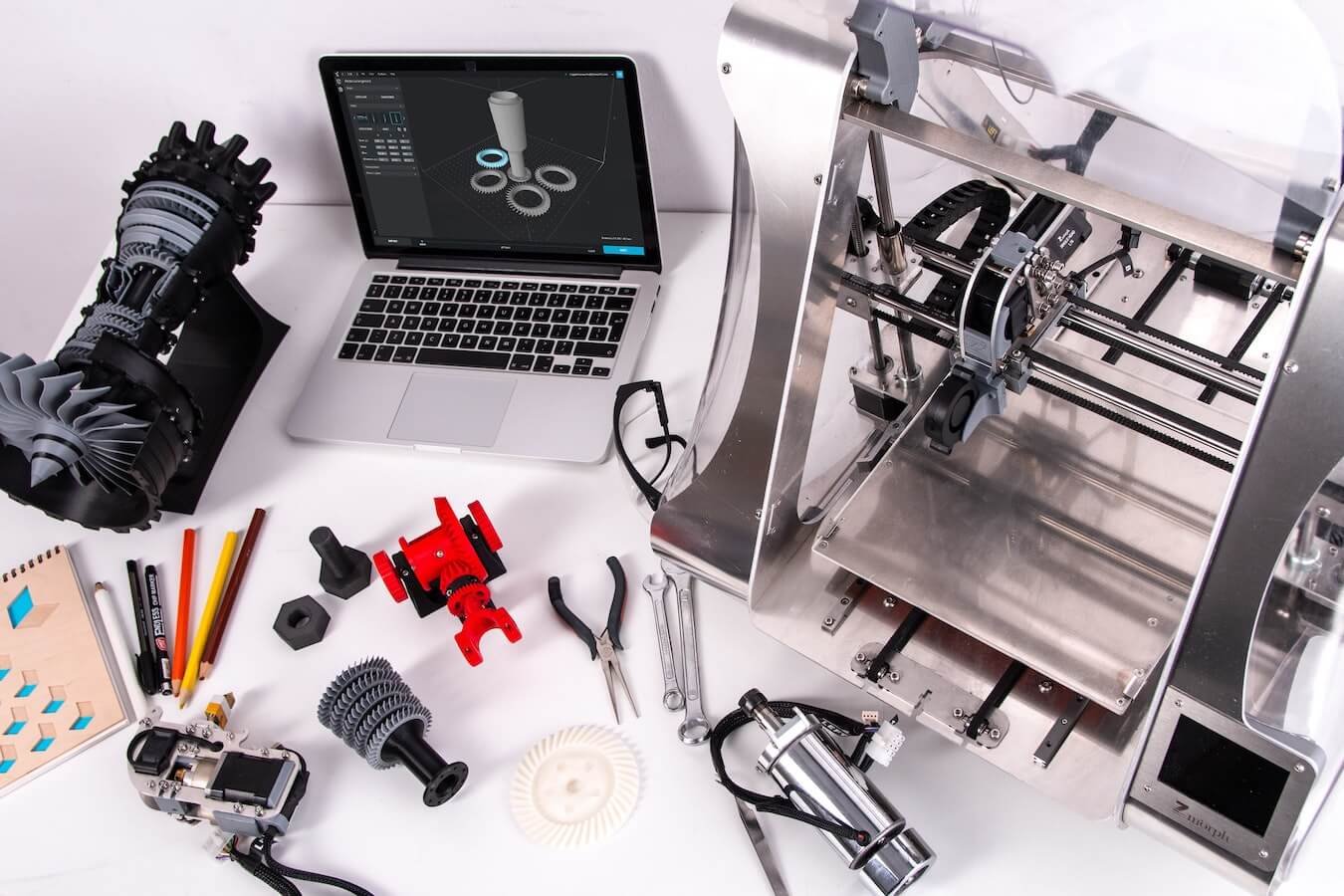
Why study this programme?
Electrical and Automation Engineering is a higher education study programme for those interested in electrical, electronics, automation, and renewable energy technologies. While studying electrical engineering, students get acquainted with how to design automatic control systems, electrical networks, analyze the principles of their operation, applying knowledge of physics, mathematics, technology and other subjects. This programme is unique in its content – it acquires knowledge in the fields of electricity, automatic control, robotics, mechatronics. The demand for specialists with university of applied sciences education in the labor market remains constant, therefore a significant number of students find their future jobs already during their internship. After graduating in electrical engineering, you will be able to work in power plants, modern industrial companies, distribution network companies, manage modern technological equipment and systems.

Study environment
Electrical and Automation Engineering study programme satisfies the needs of the high technology industry sector of the Western Lithuania region, which requires wider profile specialists who are able to design, manage and operate electrical equipment, electrical networks, technological equipment, automated systems and processes.
Career
Contact person

